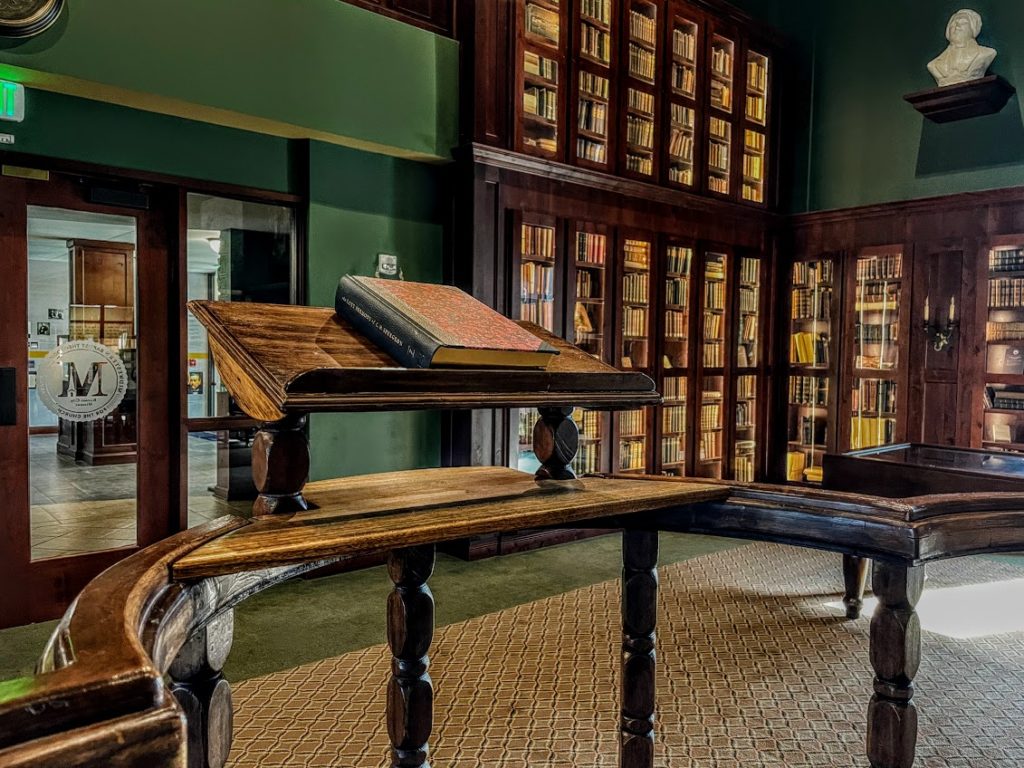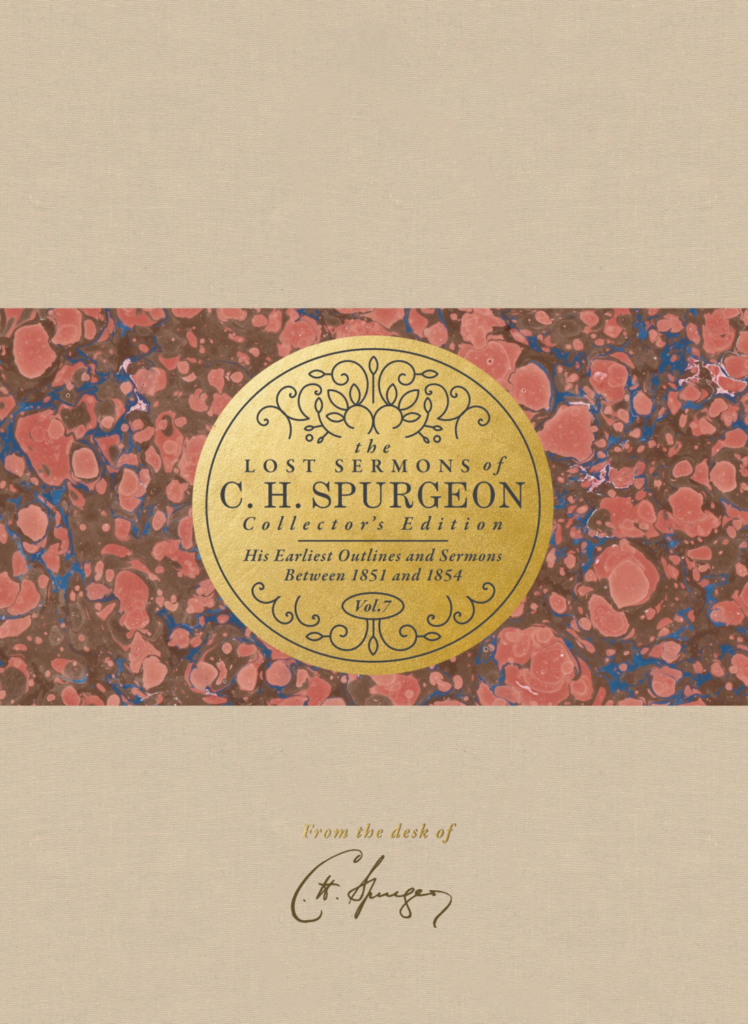
It is easy to recount the story of C. H. Spurgeon’s arrival in London as a kind of Elijah story. In 1 Kings 17, Elijah comes on the scene suddenly with virtually no background information, and he goes on to play a pivotal role in Israel’s history. Likewise, many in Spurgeon’s day wondered at this young preacher’s origins. One paper described him as “a comet that has suddenly shot across the religious atmosphere.” But there was one group that was not at all surprised at Spurgeon’s success, namely his own congregation at Waterbeach.
When Spurgeon received the invitation to supply the pulpit in London, one of his deacons “shook his head, and remarked that… he always knew that his minister would be run away with by some large church or other.” Upon his return, his congregation “wept bitterly at the sight of [him],” knowing it was only a matter of time before his departure.
Prior to The Lost Sermons, the revival that took place in London under Spurgeon’s ministry was something of a mystery. How was this teenage preacher without a college education able to preach such powerful and eloquent sermons? But now, with the publication of the seven volumes of The Lost Sermons of C. H. Spurgeon, the veil has been pulled aside, revealing these formative years of Spurgeon’s ministry prior to London. Spurgeon was not a comet that came out of nowhere. His star was already burning brightly in Waterbeach.
During his pastorate there from 1851 to 1854, “it pleased God to turn the whole place upside down. In a short time, the little thatched chapel was crammed, the biggest vagabonds of the village were weeping floods of tears, and those who had been the curse of the parish became its blessing.” And as this volume reveals, the first sermons that Spurgeon preached in London were first preached in Waterbeach. In other words, revival came to Waterbeach, before it ever came to London.
But even Spurgeon’s ministry in the Waterbeach years should not be imagined as an overnight success. Before he was known as the Prince of Preachers, Spurgeon first had to learn how to preach. Up to this point, The Lost Sermons have revealed an earnest young preacher, steeped in Puritan theology and maturing in his ability to handle Scripture and communicate it effectively. Undoubtedly, his congregation at times sat through sermons where they did not always track with the young preacher. Spurgeon’s own sense of his weakness and dependence on God are revealed in the prayers scribbled at the conclusion of every sermon. Nonetheless, every sermon was preparing Spurgeon for his future ministry. By the time, Spurgeon arrived in London, he had preached nearly 700 sermons, over a decade’s worth of preaching experience for a typical pastor.
Volume 7 of The Lost Sermons contains sermons that Spurgeon preached from the summer of 1853 to the fall of 1854. They encompass the last year of his pastorate in Waterbeach and the first year of his pastorate in London. These sermons also form a link to The New Park Street Pulpit, which began in January 1855. Together with The Metropolitan Tabernacle Pulpit, these three collections form an unbroken chain of 40 years’ worth of sermons from the greatest preacher of the 19th century.
- The Lost Sermons of C. H. Spurgeon – 399 sermons – Feb. 1851 to Fall 1854
- The New Park Street Pulpit – 347 sermons – Jan. 1855 to Nov. 1860
- The Metropolitan Tabernacle Pulpit – 3,216 sermons – Dec. 1860 to Jan. 1892
Excerpted with permission from The Lost Sermons of C. H. Spurgeon, Volume VII. Click here to learn more.
